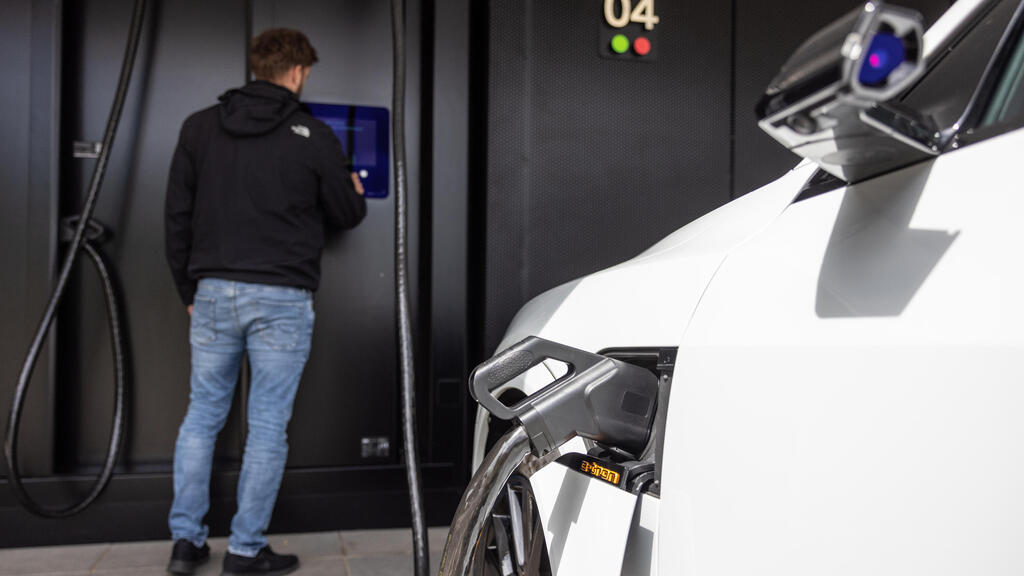Currently, only two BYD models support this technology and the company plans to deploy 5,000 ultra-fast charging stations, 4,000 of them in China.
Unlike Western automakers, which typically take months or years to respond to technological advancements, Chinese manufacturers react at an alarming speed. Just days after BYD’s announcement, several rival companies introduced their own ultra-fast charging solutions.
The message from Chinese manufacturers is clear: Any technological edge gained by one brand will be matched by its competitors within weeks, not years.
Despite the advancements, ultra-fast charging requires significant infrastructure support. Additionally, concerns have been raised over potential battery degradation from repeated high-power charging. However, given the Chinese approach of treating cars as disposable tech products, rapid battery wear may not be a major concern for manufacturers.
The impact of this technological race is already being felt in Israel, where consumers closely track developments in the Chinese auto market and frequently demand newer models. With many buyers driven by FOMO (fear of missing out), the introduction of ultra-fast charging could further disrupt an already slowing electric vehicle market.
One reason for this slowdown is that consumers feel current EV technology — such as large infotainment screens — has reached a saturation point, with little differentiation between brands.
If an importer offers access to the latest ultra-fast charging in Israel, even with just a few pilot stations enabling five-minute recharges for select customers, the local EV market could enter a new phase of competition: a charging war.





